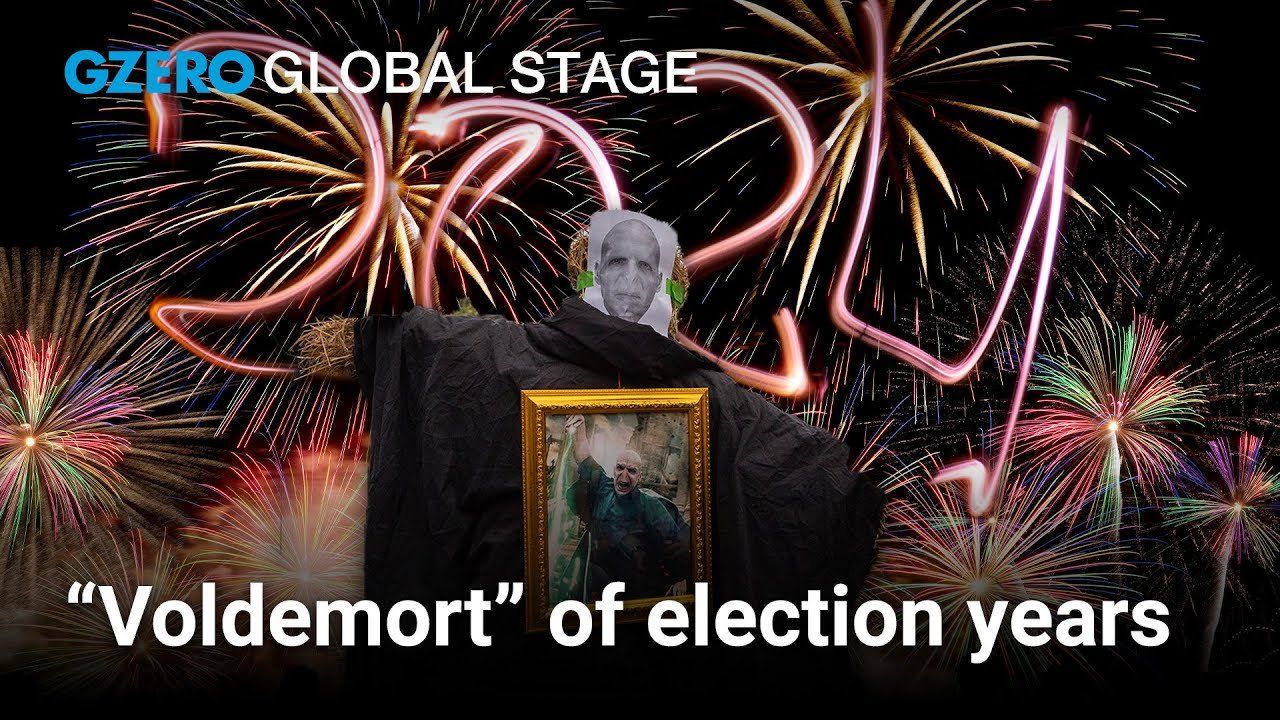
Critical elections are occurring across the globe this year, with a record number of people — roughly half the global population — set to head to the polls in dozens of countries.
During a Global Stage panel at the Munich Security Conference, Eurasia Group Founder and President Ian Bremmer described 2024 as the “Voldemort of election years.”
“Voldemort is the name that should not be spoken in the ‘Harry Potter’ series … This is the year that people have been very concerned about but have kind of hoped that they could push off,” says Bremmer. This is not just because there are so many elections occurring amid historic levels of distrust in key institutions, but also because the United States — the most powerful country in the world — is also “one of the most politically dysfunctional,” he explains.
Bremmer says the 2024 US presidential election is “maximally distrust-laden,” adding that this is “driving a level of concern that borders on panic from American allies all over the world.”
The conversation was part of the Global Stage series, produced by GZERO in partnership with Microsoft. These discussions convene heads of state, business leaders, technology experts from around the world for critical debate about the geopolitical and technology trends shaping our world.